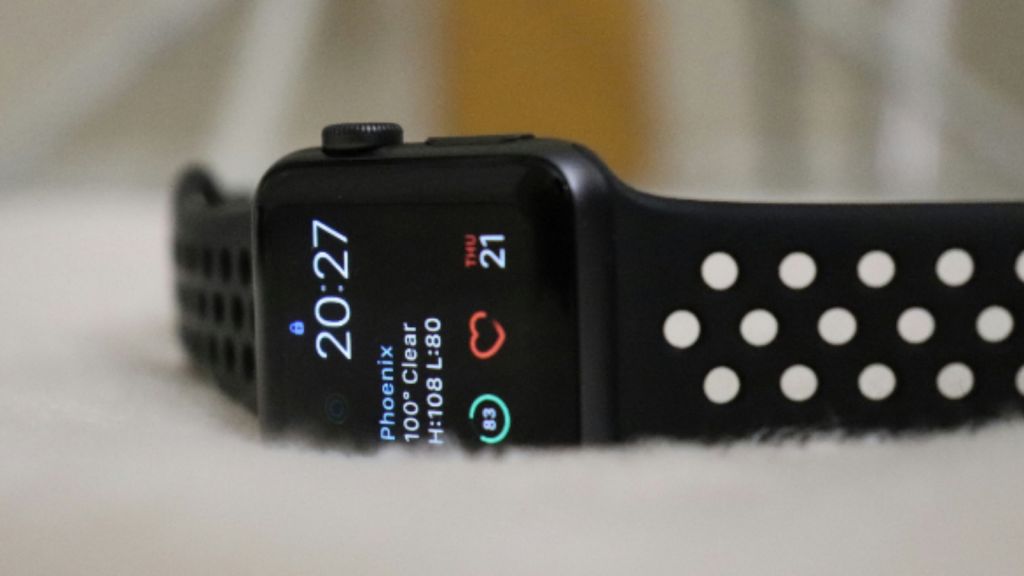 Do you have low blood pressure? This is how to tell.
Do you have low blood pressure? This is how to tell. High blood pressure is sometimes referred to as the “silent killer” by organisations like the British Heart Foundation (BHF), because it rarely has any signs or symptoms.
As a result, the BHF says: “Millions of people with high blood pressure don’t even know they have it.”
It can eventually lead to heart issues and stroke, which is why it’s important to get your blood pressure checked (especially if you think you might be at risk or are over 40 and haven’t had it looked at in the last five years), the NHS says.
But what about low blood pressure? The BHF shared that it doesn’t “necessarily mean that there is a problem,” but, like the NHS, the foundation says it’s important to get it checked if you notice symptoms.
When is blood pressure too low, and what are the symptoms?
A blood pressure reading of under 90/60mmHg is considered low.
Low blood pressure can be caused by everything from getting older to pregnancy and dehydration, though it’s sometimes linked to heart conditions like bradycardia (a slow heart rate).
Some symptoms of low blood pressure include:
- Dizziness or lightheadedness
- Nausea
- Weakness
- Blurred vision
- Confusion
- Heart palpitations
- Neck or back pain
- Headache
- Fainting.
Additionally, people who only, or mainly, notice these signs when they get up or quickly move position may have something called postural hypotension (also known as orthostatic hypotension).
When should I see a doctor about low blood pressure?
As soon as you notice any signs of low blood pressure, you should see your GP.
Though low blood pressure isn’t always a bad thing, if the issue causes symptoms it might be part of a broader problem that needs to be addressed.
Luckily, the condition can usually be addressed with lifestyle changes like drinking enough water and moving often enough.
If you’re between 40-75 years old, the NHS Health Check should be giving you blood pressure readings every five years.
If that hasn’t happened for any reason, speak to your pharmacist, GP, or nurse practitioner about it ― or consider taking an at-home test.

